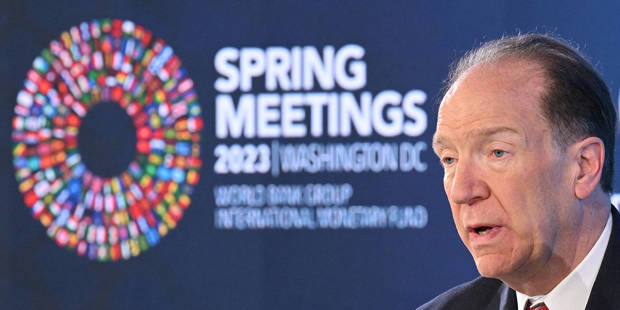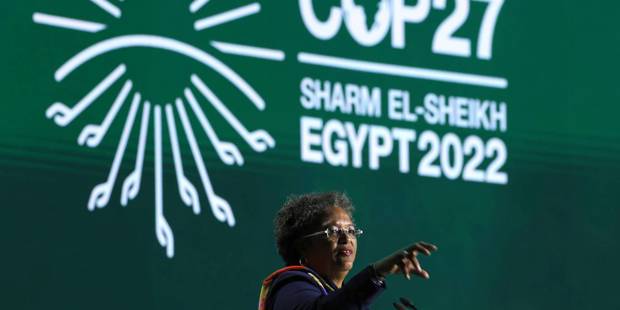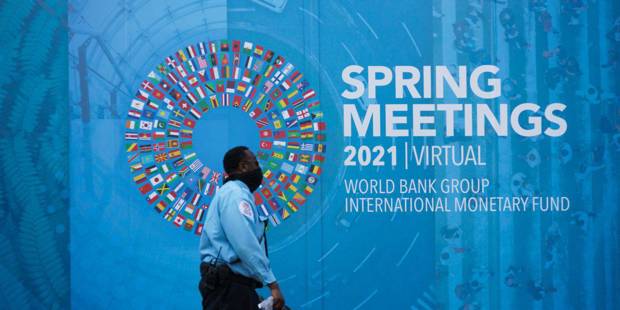Ulrich Volz
Ulrich Volz, Professor of Economics and Director of the Centre for Sustainable Finance at SOAS, University of London, is Co-Chair of the Debt Relief for Green and Inclusive Recovery Project.
-
A Monetary and Economic Order Fit for the Twenty-First Century
 Free to read
Free to readA Monetary and Economic Order Fit for the Twenty-First Century
Jun 14, 2024 Ulrich Volz, et al. identify eight priorities to build a more resilient, inclusive, and sustainable global financial architecture.
-
Making Climate Finance Affordable
 Free to read
Free to readMaking Climate Finance Affordable
Mar 11, 2024 Rebecca Ray & Ulrich Volz propose measures to lower borrowing costs for emerging-market and developing economies.
-
Multilateral Development Banks Must Participate in Debt Relief
 Free to read
Free to readMultilateral Development Banks Must Participate in Debt Relief
Oct 4, 2023 Ulrich Volz & Marina Zucker-Marques explain why accepting a haircut is not only right and necessary but also feasible and cost-effective.
-
The Debt-Climate Nexus
 Free to read
Free to readThe Debt-Climate Nexus
Dec 13, 2022 María Fernanda Espinosa, et al. suggest how the developed world can help low- and middle-income countries avoid a liquidity crisis.
-
The G20’s Missed Opportunity
 Free to read
Free to readThe G20’s Missed Opportunity
Apr 12, 2021 Shamshad Akhtar, et al. warn that failure to offer comprehensive debt restructuring will threaten long-term global recovery.








